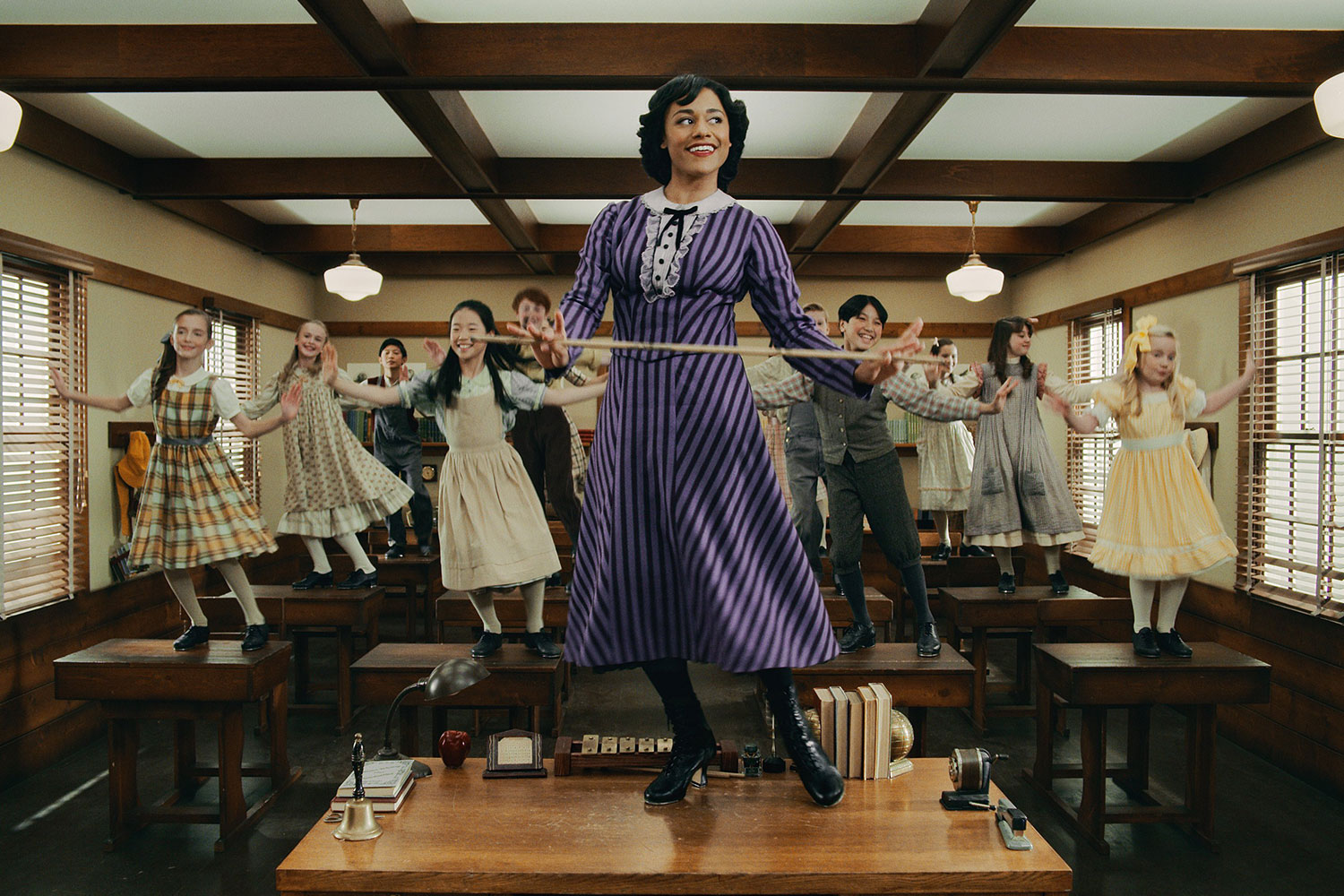Cornelius
Like the Orange Tree, the Finborough explores parts of the repertoire the National Theatre won’t reach. This attractively strange and surprising 1935 play by J B Priestley, acutely well cast and directed by Sam Yates, has the added chill relevance of being about economic collapse and unemployment in a recession.
Alan Cox plays Jim Cornelius, partner in an aluminium importing firm in Holborn which is losing orders and facing angry creditors. The office is designed by David Woodhead in murky browns and creams, with filing cabinets, a bizarre telephone system and stray papers, desks crammed cheek by jowl, a last bastion of Dickensian inefficiency.
And as the crisis deepens, the office is visited by a stream of salesmen down on their luck, a devious client, the landlord’s daughter (neatly doubled by Beverley Klein with the office cleaning woman) and finally the firm’s senior partner, Robert Murrison (Jamie Newall), returning from a failed business trip.
The commercial breakdown corresponds to Murrison’s, while the enigmatic widower Cornelius – a role written for Ralph Richardson (the play failed originally) and surely developed by actor and playwright into the great hit Johnson Over Jordan four years later – is a curious mixture of susceptible romantic, sage and pessimist, a sort of Uncle Vanya with a pipe and bowler.
Cox captures exactly, but in his own special way, an earthy other-worldliness Priestley wrote in the role for his great friend, greeting the new secretary Judy (an impossibly pretty Emily Barber) with the odd chat-up line, “You must let me see you eat some time,” before fondling her glove, somewhat indecently, when she leaves it behind.
He’s also reading a book about the lost kingdom of the Incas, an adventure story intoned with rapture at the end of each act, while the sad spinster Miss Porrin (Annabel Topham) and the long-serving cashier, Biddle (Col Farrell), keep him rooted in something like reality; the first with her “busy-ness” and unrequited love, the second with his affection for numbers and their special characteristics.
Judy’s fiancé is the “twister” of the first act, and Cornelius is left bereft of hope, love and even charity as the office is stripped bare in the third. But he may not be as doomed as he thinks. The world is changing – the office boy (David Ellis) is moving into a new business climate of gramophones and wirelesses – and there are still people laughing outside on the street. For the moment, anyway.










